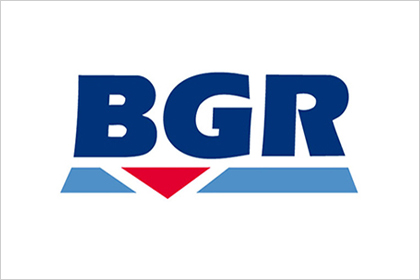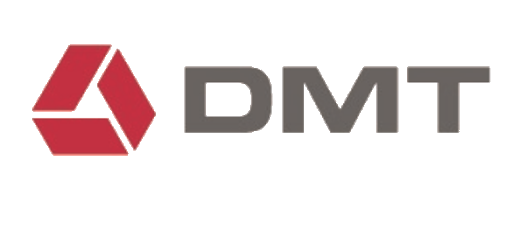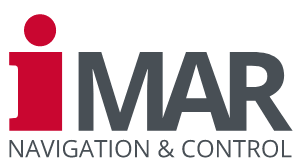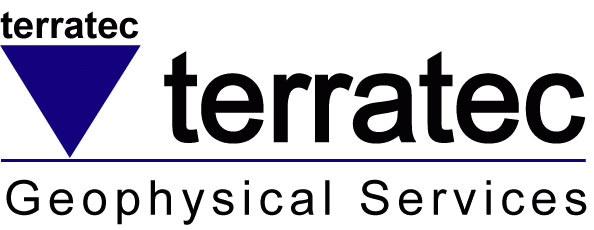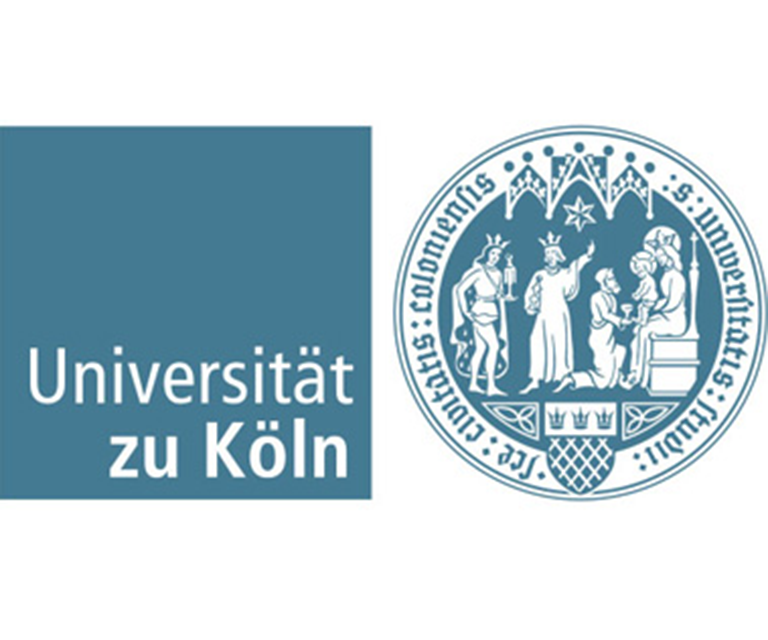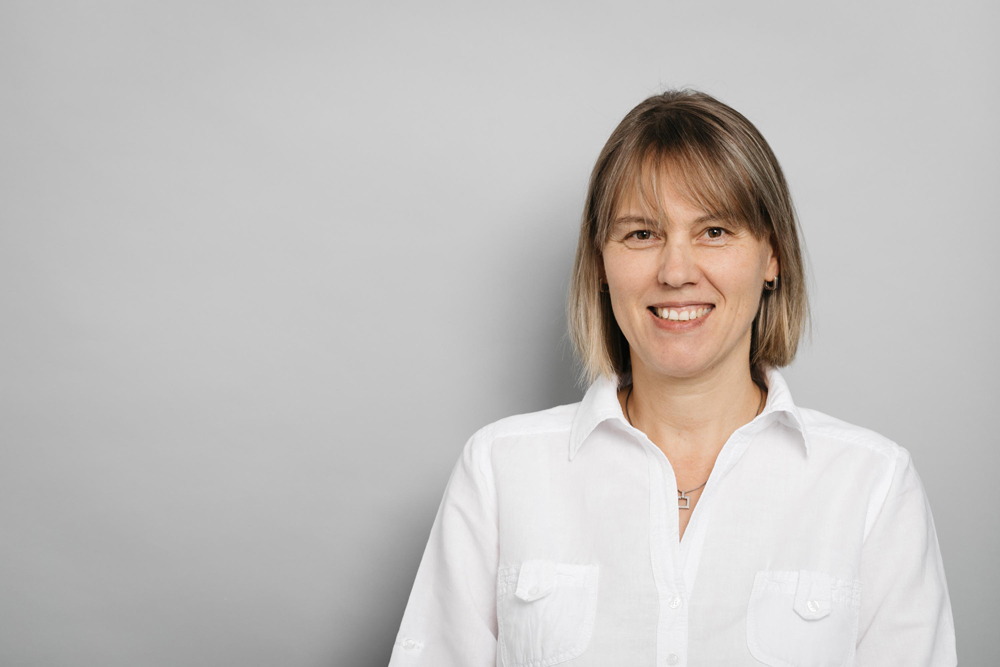- Home
- Research
- Quantum Systems
- Projects
- Archive
- DESMEX II
DESMEX II

Runtime: 01.07.2019 - 31.12.2023
In DESMEX II, we want to combine airborne and ground-based electromagnetic induction methods in a semi-airborne concept and expand them both, technically and methodically, in such a way that exploration depths of up to 1000m can be achieved over a wide area under conditions typical in Germany. The concept is to be used for the exploration of deep mineral deposits and to contribute to a broadening of domestic raw material reserves. To achieve these goals, there is a need for development of suitable sensor technology - in this case optically pumped magnetometers from Leibniz-IPHT, the suppression and correction of motion induction, data processing and the joint inversion of ground and flight measurements. Aerial surveys with the new system and geophysical field work will be planned, conducted and interpreted in close relation to mineralogical, petrological and petrophysical investigations to derive a consistent integrated model of a representative deposit, in this case the antimonite-bearing veins near Schleiz and Greiz in the Berga anticlinorium. The exploration measurements are intended to provide information about their previously unknown depth extent as well as their previously unproven lateral extent in the Greiz area.
The project contributes to the development of an internationally competitive knowledge base in the field of deposit exploration. The results are to be used in future exploration projects. Commercialization potential exists mainly in the area of sensor technologies.
The project is funded by the BMBF with the funding code 033R130EN via the project management organization PTJ.
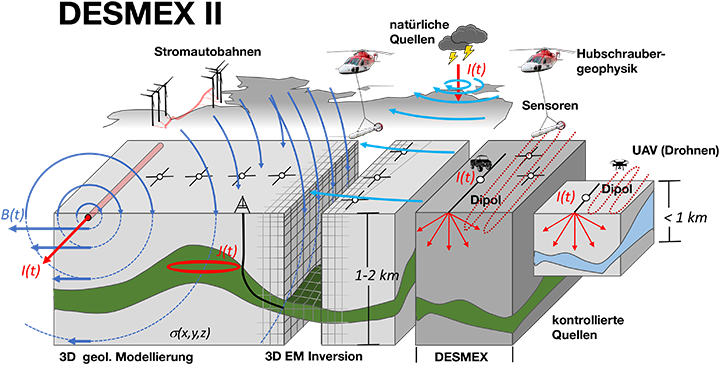
Intended methodological developments in the DESMEX 2 project. Source: University of Münster
Project partners:
Bundesanstalt für Geowissenschaften und Rohstoffe, Hannover
Bundesministerium für Bildung und Forschung (BMBF)
DMT GmbH & Co. KG, Essen
FONA - Forschung für nachhaltige Entwicklung
iMar Navigation GmbH, St. Ingbert
Leibniz-Institut für Angewandte Geophysik (LIAG), Hannover
Projektträger Jülich (PTJ)
r4 - Innovative Technologien für Ressourceneffizienz – Forschung zur Bereitstellung wirtschaftsstrategischer Rohstoffe
Supracon AG, Jena
terratec geophysical services GmbH & Co. KG, Heitersheim
Universität zu Köln, Köln
Westfälische Wilhelms-Universität, Münster
Partners
